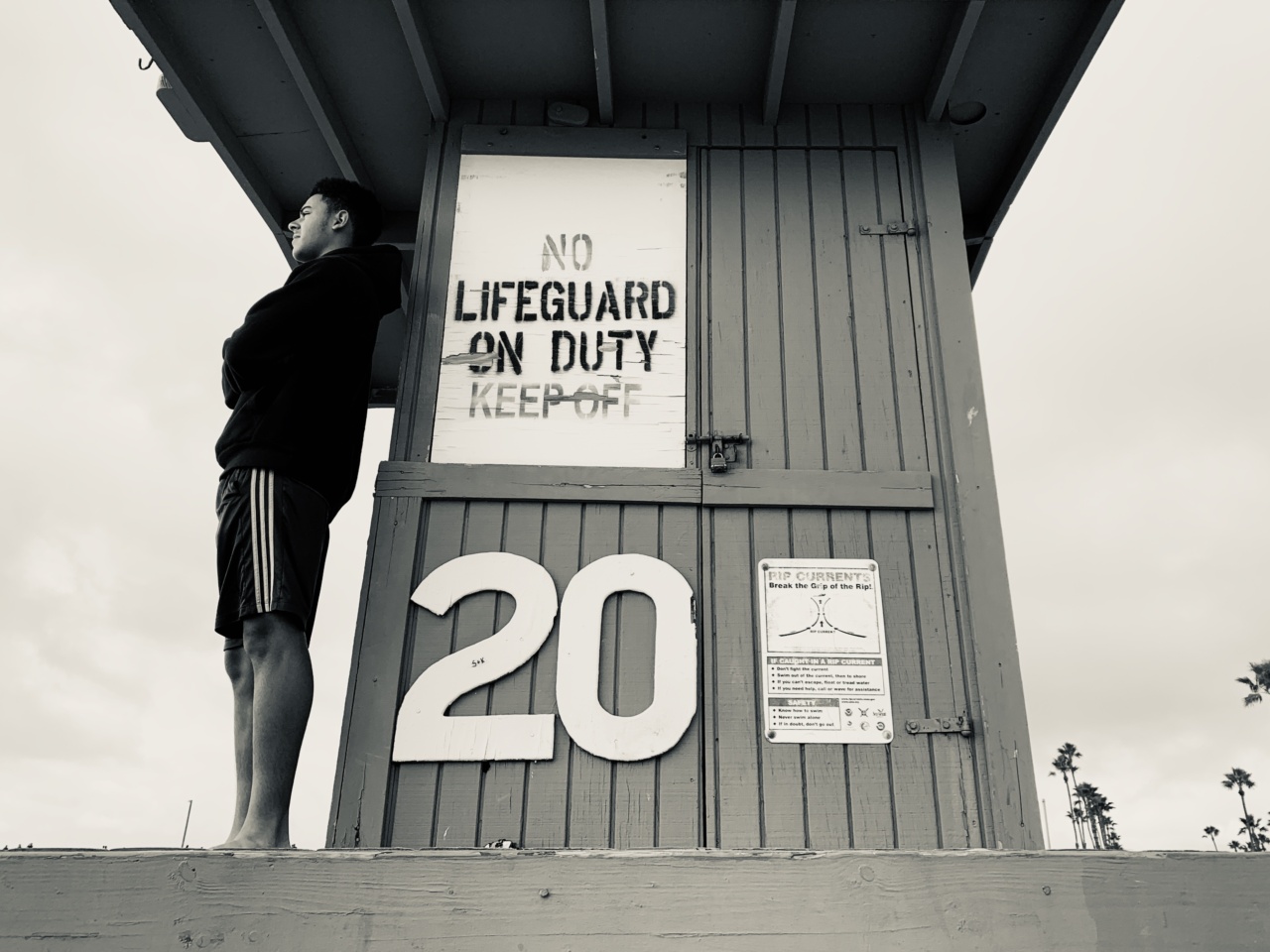Headaches are one of the most common health problems that can occur at any age. Most of the time, headaches are not a cause for concern and go away with over-the-counter medications and some rest.
However, headaches can sometimes be a warning sign of a potentially dangerous health condition. Knowing the signs can help you seek medical attention when necessary and potentially catch a serious medical issue early.
H2: What Are Severe Headaches?
Severe headaches, also known as “thunderclap” headaches, are sudden and intense headaches that come on quickly. They can last anywhere from a few minutes to several hours.
Unlike a regular headache, severe headaches can be debilitating and disrupt your daily life. They can cause nausea, vomiting, and sensitivity to light and sound.
H2: When Are Severe Headaches a Concern?
If you have a severe headache that comes on suddenly, it is essential to seek medical attention immediately. Here are some warning signs that suggest your severe headache may be a concern:.
H2: Warning Signs of Dangerous Health Conditions
H3: Aneurysm
An aneurysm is a bulge in the wall of a blood vessel. If the aneurysm ruptures, it can cause a severe headache that feels like a blow to the head.
Other symptoms of an aneurysm include:.
- Pressure or pain behind the eye
- Double vision
- Neck pain or stiffness
- Difficulty speaking
- Loss of balance or coordination
H3: Meningitis
Meningitis is an inflammation of the membranes that surround the brain and spinal cord. It can cause a severe headache along with other symptoms such as:.
- High fever
- Stiff neck
- Nausea and vomiting
- Confusion
- Sensitivity to light and sound
Meningitis can be a life-threatening condition, so seek medical attention immediately if you suspect you have it.
H3: Brain Tumor
A brain tumor can cause a severe headache that feels like pressure or a dull ache. The pain can be worse when you lie down or cough, and it may be accompanied by other symptoms, including:.
- Nausea and vomiting
- Seizures
- Weakness or numbness in the arms or legs
- Difficulty speaking or understanding speech
If you experience these symptoms, see a doctor immediately for a proper diagnosis and treatment.
H3: Stroke
A stroke occurs when blood flow to the brain is interrupted, often due to a blood clot. A severe headache may be one of the first symptoms of a stroke, along with:.
- Numbness or weakness on one side of the body
- Slurred speech
- Confusion
- Trouble seeing in one or both eyes
If you think you or someone you know may be experiencing a stroke, call 911 immediately. Time is of the essence when it comes to treating a stroke.
H2: When to See a Doctor for a Headache
If you experience a severe headache that comes on suddenly or is accompanied by any of the symptoms listed above, seek medical attention immediately.
Additionally, if you have any of the following, see a doctor:.
- Headaches that occur more frequently than usual
- Headaches that are more severe than usual
- Headaches that last longer than usual
- Headaches that do not go away with over-the-counter medications
- Headaches that interfere with your daily life
Your doctor can perform tests to determine the underlying cause of your headache and provide appropriate treatment.
H2: Preventing Severe Headaches
While you cannot prevent all headaches, taking certain steps can help reduce your risk of severe headaches:.
- Stay hydrated by drinking plenty of water
- Get enough restful sleep
- Manage stress with relaxation techniques such as meditation or yoga
- Exercise regularly
- Avoid triggers such as certain foods, beverages, or activities that seem to trigger your headaches
If you experience severe headaches frequently, talk to your doctor about the possibility of migraine medication or other treatment options.
























